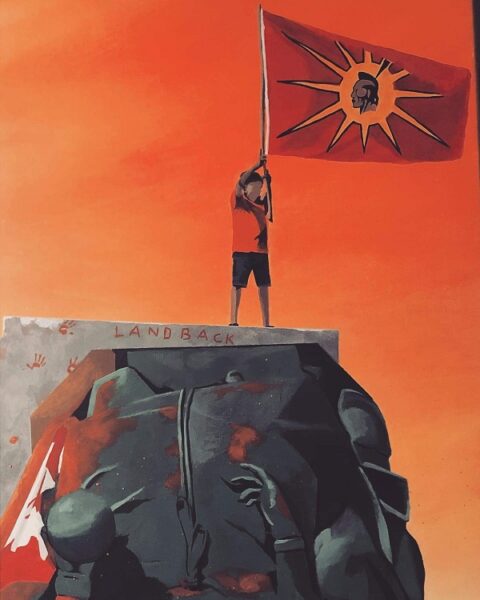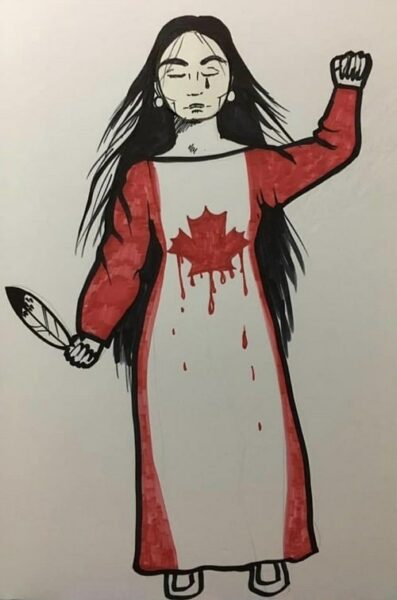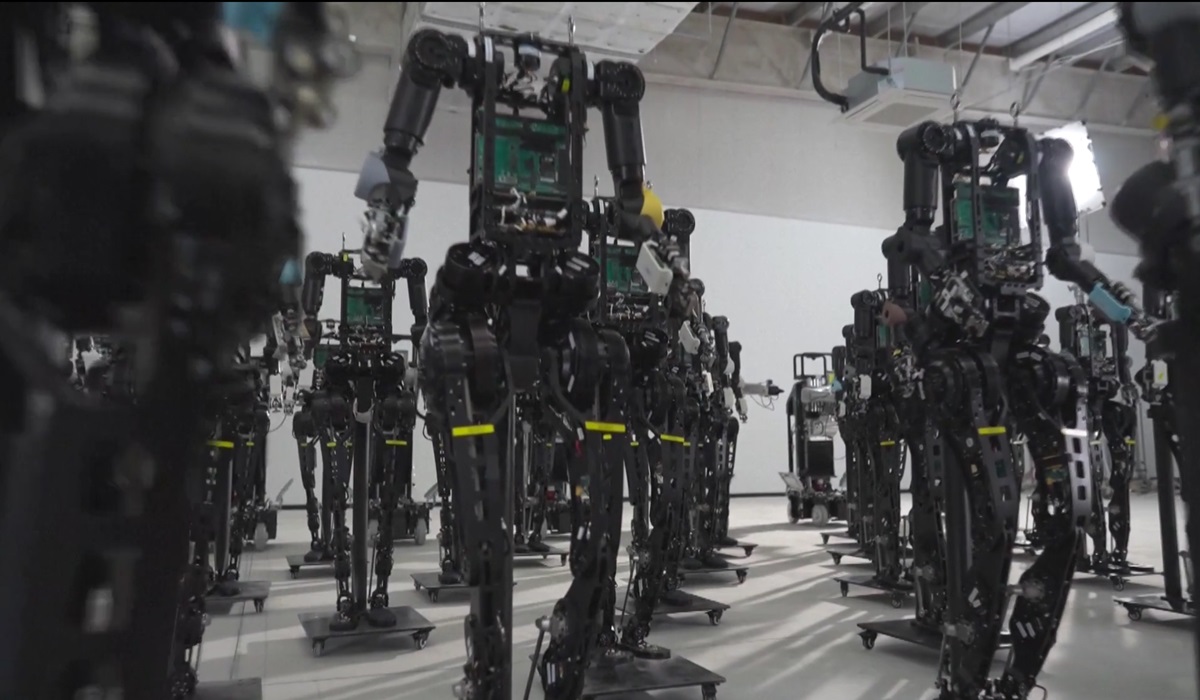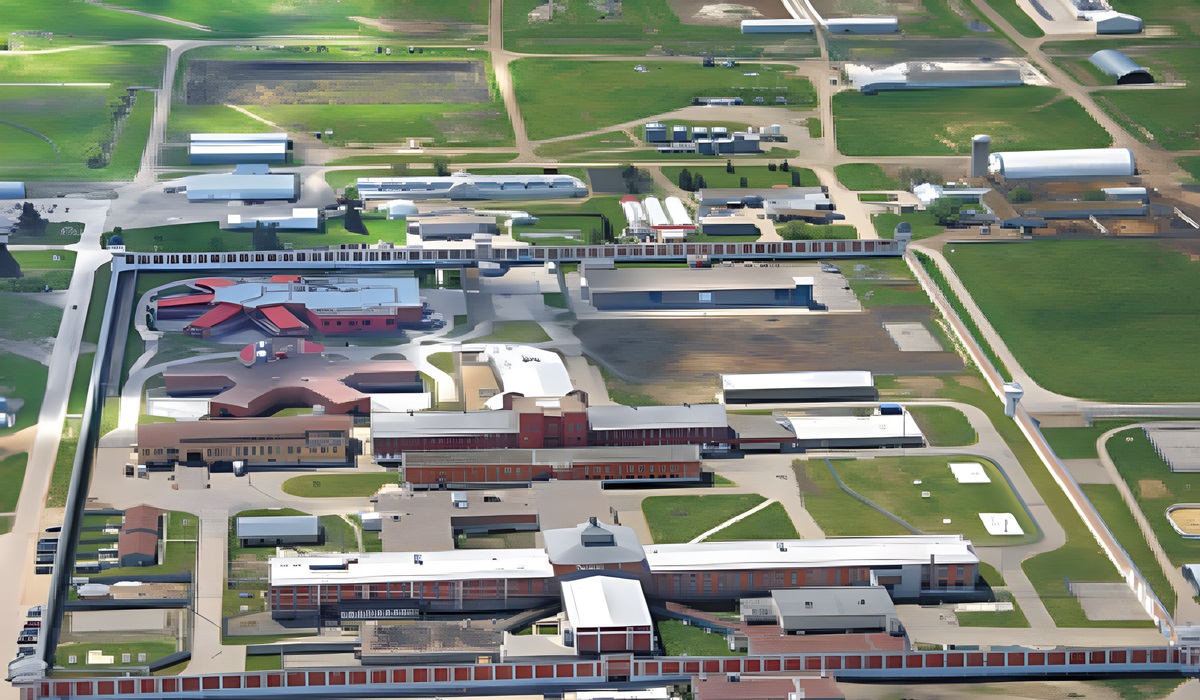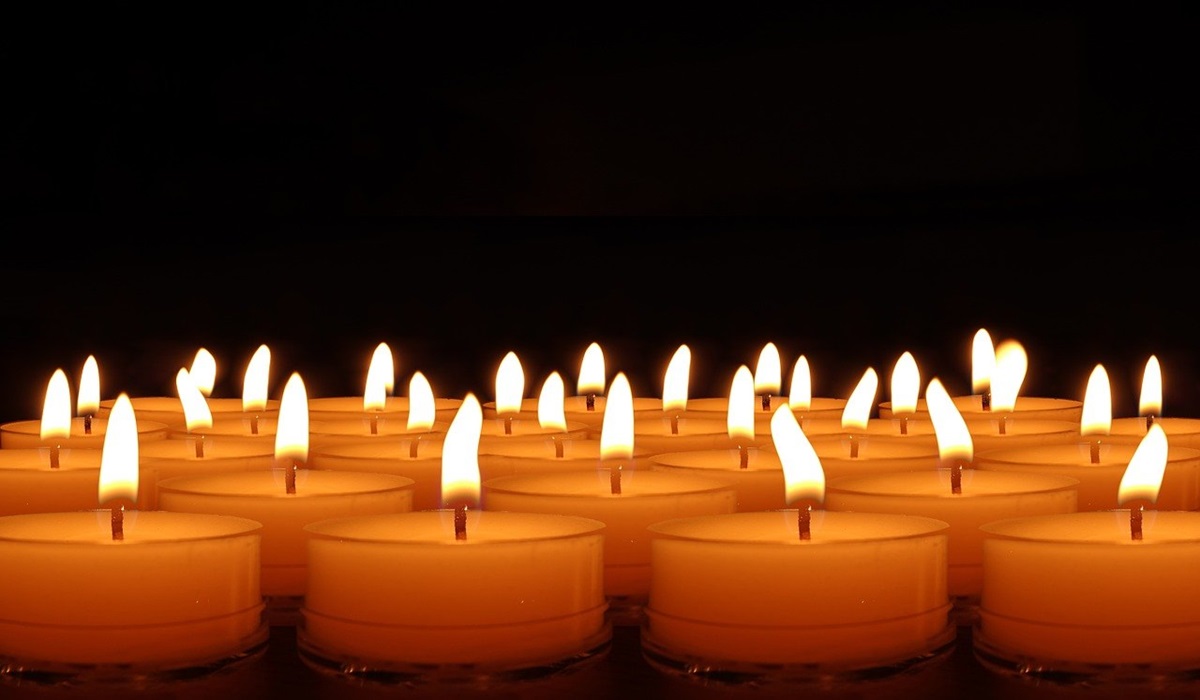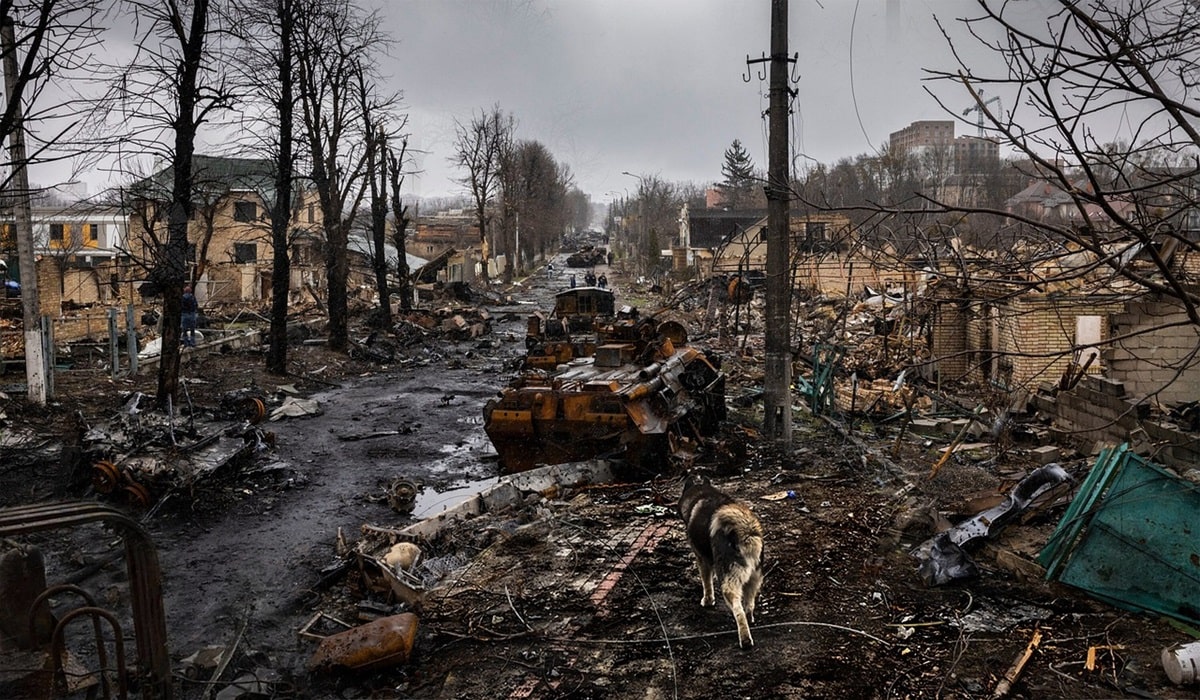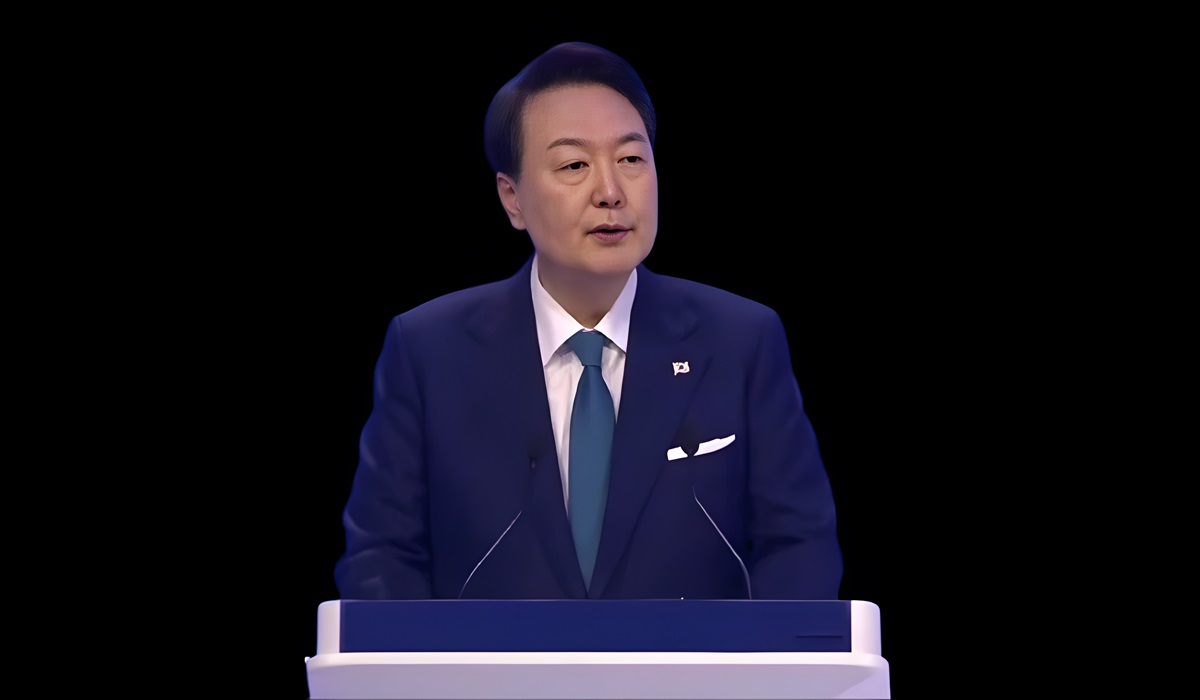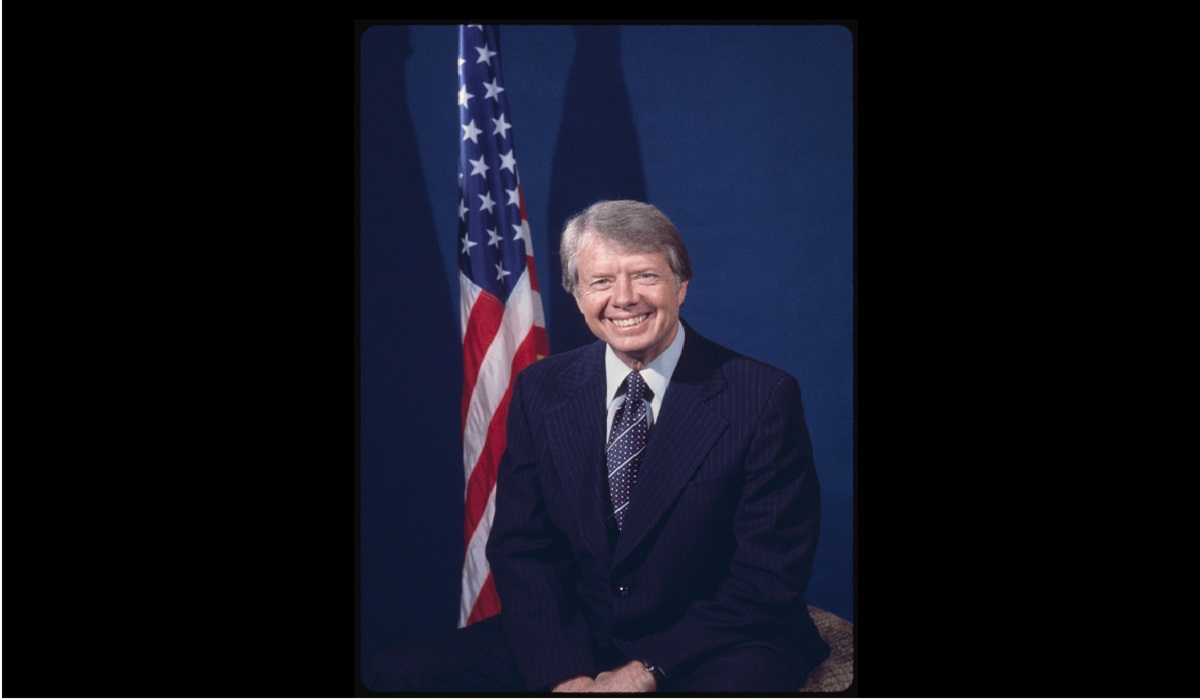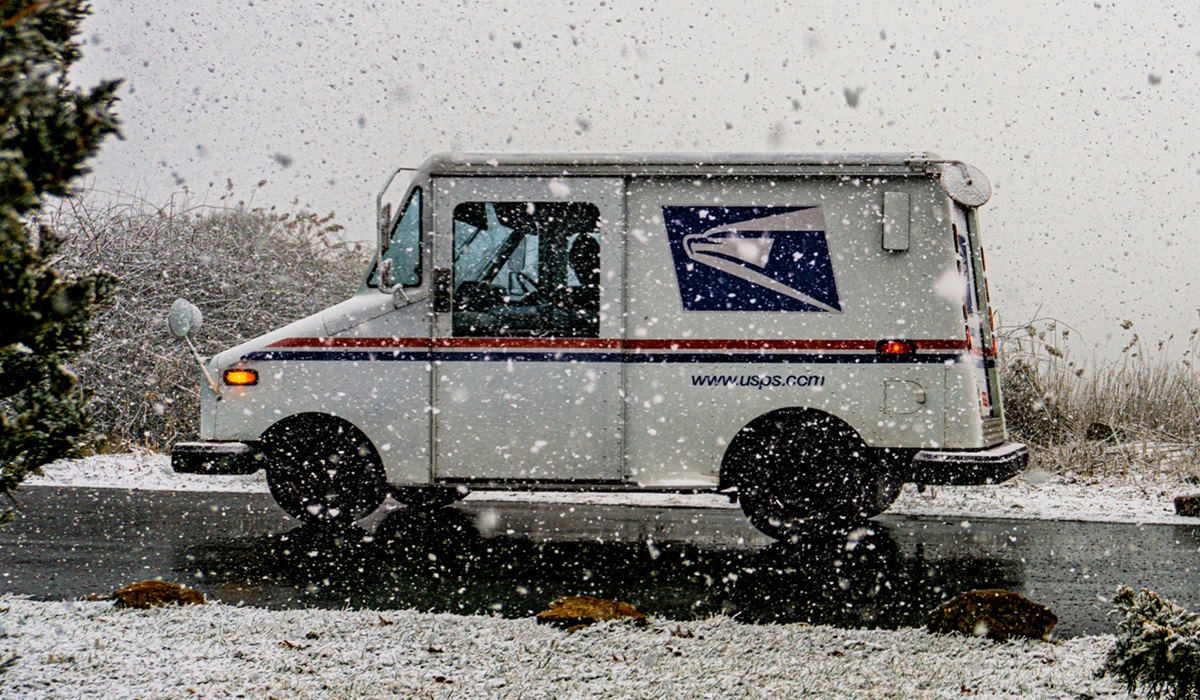Why Have the Problems of Indigenous Groups of Canada, Not Been Truly Addressed?
- TDS News
- Breaking News
- March 3, 2023
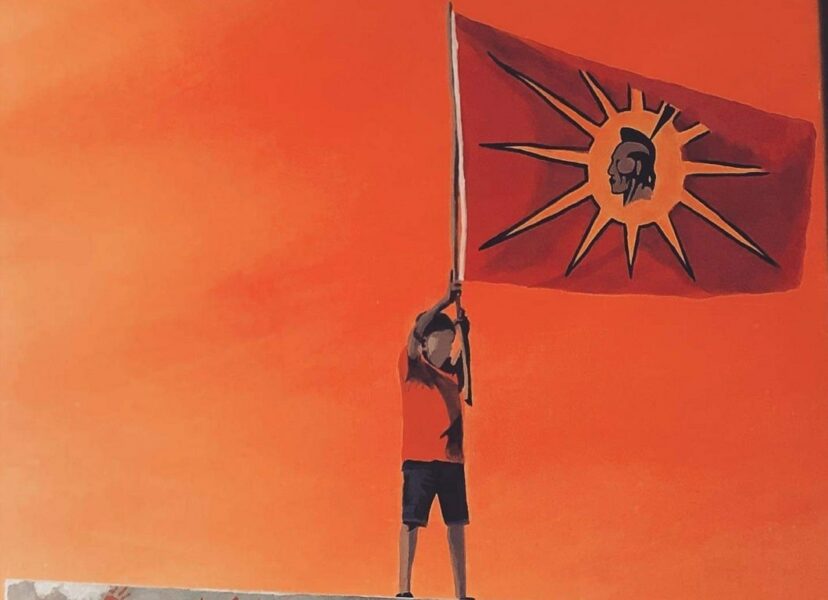
In Canada, Indigenous issues continue to capture the public’s attention and dominate the daily news cycle. Whether it is the disturbing discoveries of unmarked graves of Indigenous children, the ramifications felt by the community for years of the government dismissing their calls for an inquest into murdered and missing Indigenous women and girls, and two-spirited people, or the absence of a basic necessity such as clean drinking water, the wheels of reconciliation turn slowly.
In January this year, the Star Blanket Cree Nation in Saskatchewan announced that over 2,000 “anomalies” were found using ground-penetrating radar at the site of a former residential school in Saskatchewan. The community plans to take soil samples and test for the presence of human DNA to determine the number of Indigenous children’s graves.
In the same month, 171 potential child burials were detected on the grounds of the former St. Mary’s Indian Residential School in Ontario. And the Williams Lake First Nation (WLFN) investigation team in B.C. found 66 more potential burial sites in the phase 2 search at the grounds of the former St. Joseph’s Mission site.
The death toll of Indigenous children in former residential schools continues to increase. According to the final report released by the Truth and Reconciliation Commission, about 150,000 Indigenous children were forced to attend these schools and separated from their families, languages and cultures. Many of them suffered physical abuse and sexual assault, and at least 3,201 died of disease, malnutrition or by accident amid neglect. Over 1,800 human remains have been identified, which makes the findings quite disturbing.
The United Nations and other global human rights organizations have cited that unsafe drinking water remains the most significant public health threat to Indigenous health today. Prime Minister Trudeau, now in his third administration, promised to end all boiled water advisories on first nations reserves by the end of his first term in 2015, he still needs to live up to the government’s promise. As of today, the Liberal government has lifted 138 boil water advisories, a step toward reconciliation. However, 38 long-term drinking water advisories still affect 28 first nations communities, which is unacceptable.
It has been a long struggle for Indigenous people to assert their legal rights in Canada. Even with the creation of the Indian Act in 1876, Indigenous people did not enjoy their religious freedom until the 1940s. Furthermore, they were not allowed to freely travel due to the Pass System of segregation up until the 1950s. They were not granted full voting rights, and the government of Canada did not officially recognize their languages until the 1960s. Sadly, systematic discrimination against Indigenous people remains ubiquitous to this day.
Statistics Canada reported last February that 33 percent of Indigenous people had experienced discrimination in the past five years. They also noted that only 8 percent of Indigenous people attended university, compared with 20 percent of non-Indigenous people. According to professor Quentin at the University of Alberta, most Indigenous people worked in basic industries such as health care, social work, construction, retail and mining. In contrast, only 3.4 percent entered scientific research and professional and technical fields.
The Public Health Agency of Canada reported in 2019 that the infant mortality rate in Canada was 3.7 percent, while that of Métis, First Nations and Inuit was 1.9, 2.3 and 3.9 times higher, respectively. Then there was data released by Correctional Service Canada last February showed that 30 percent of inmates in Canadian prisons are Indigenous, even though the Indigenous make up just 5 percent of the country’s population.
Canada’s Indigenous groups are also the primary victims of violent crime, with six times as many people murdered as non-Indigenous people. These cold numbers echoed the latest annual findings by Human Rights Watch. This international human rights organization stated, “decades of structural and systemic discrimination against Indigenous peoples has led to widespread abuses that persist across Canada.
Many Canadians and Indigenous leaders expressed legitimate concern that the Canadian government neither showed sincerity nor took enough actions to reconcile with the Indigenous people. While the horrific truth about residential schools continues to be revealed, Indigenous communities still struggle to realize social integration, find relatives, and heal their broken hearts.
So, how far has the Canadian government come in the spirit of reconciliation? According to the Indigenous Watchdog Agency, “259 years of promises made and promises broken to Canada’s First Peoples. And what progress since the TRC Calls to Action were released in June 2015?” Statistics show that as of December 2022, only 13 of the 94 measures recommended in the Truth and Reconciliation Commission report had been carried out by the Canadian government, and 38 percent still needed to be implemented.
Then there is a lack of implementation of a national action plan resulting from the inquiry into Missing and Murdered Indigenous Women and Girls and Two-spirited people. According to the latest assessment by the Native Women’s Association of Canada CEO Lynne Groulx, in an Op-Ed for the Ottawa Citizen,” Let’s be clear: no one expected the government to end the genocide in a single year, with a single plan. But, so far, even many of the easiest and most concrete actions have not been met.”
A recent study published by Statistics Canada reported that 81 percent of Indigenous women that were in foster care, group homes, and the child-welfare system had been physically or sexually assaulted in their life. As a result of historical events that continue to perpetuate and harm the Indigenous people in Canada, these alarming statistics further underscore the need for the Canadian government to prioritize their needs.
More actions are needed!

